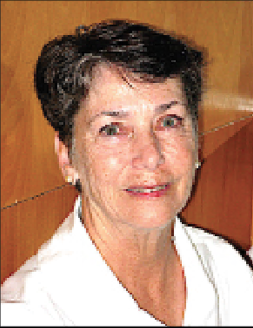POLL: The majority want to make ‘Louisianan’ an official dialect
Published 10:30 am Sunday, February 5, 2023
|
Getting your Trinity Audio player ready...
|
“It’s a hoot and a holler away!” Tourists on a road trip through West Virginia’s country roads may be confused by this reply from a local after having asked for directions. In fact, “holler” is a remote road or area to West Virginians. Out-of-staters may have just been hoping for a simple ‘left or right at the next junction’!
While many people across America still use phrases such as these, and speak in their region’s own dialect, recent studies have found that, as America becomes more diverse, regional accents and dialects are dying out – and the more we move around, the more the rough edges of our conversation style get whittled down. Just a few years ago, the British government acted to protect Welsh by making it an official language, thereby preserving its use. Should the same happen across America?
Writing Tips Institute sought to answer this question, and polled 3,000 respondents to determine how many people in each state would support similar laws to protect their state’s dialect. After all, there is something comforting and familiar about local and regional phrases and sayings; particularly if you’ve been away and return to visit family and friends.
So how did Louisianans vote? It turns out that 57% would like the Louisiana dialect to be protected by law. Residents here do not want phrases such as ‘Pass a good time’, or ‘Laissez les bon temps rouler‘ (let the good times role) to disappear from the local lexicon.
Other states keen to protect their local dialects included Kansans – indeed, who would ever want ‘shucky darn!’ (meaning ‘wow’!) disappearing from everyday language? Likewise, many Mainers prefer to describe a drunken state as ‘Bazz on‘.
Writing Tips Institute has created an online quiz so you can test your own knowledge of local dialects
“Preserving local dialects is important not just for linguistic diversity, but for cultural preservation as well. Each state’s dialect is a reflection of its history, community, and identity. By valuing and protecting these linguistic variations, we are also valuing and protecting the diversity of perspectives and experiences that make our country so unique” says Shaun Connell, Founder & CEO of Writing Tips Institute.





